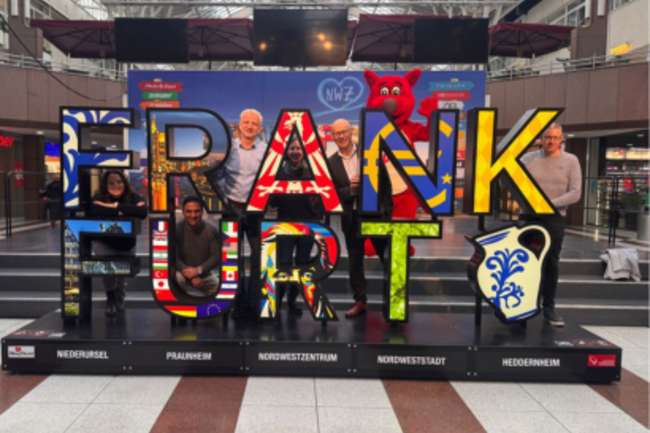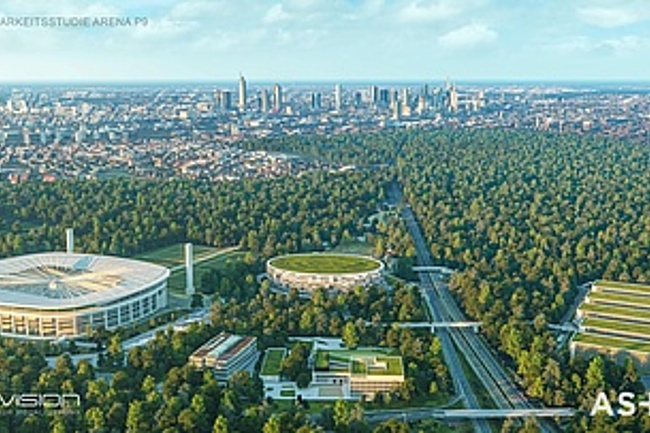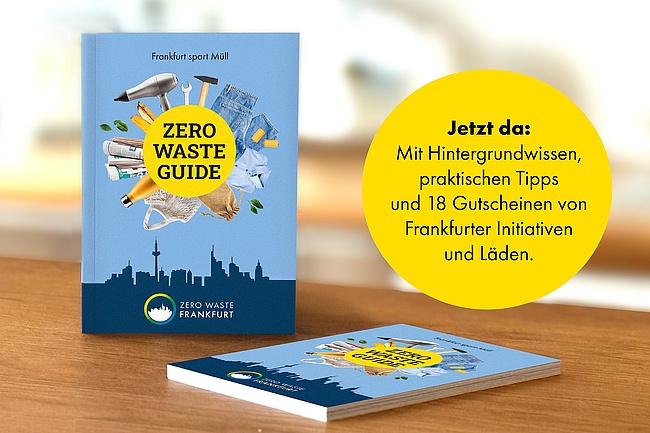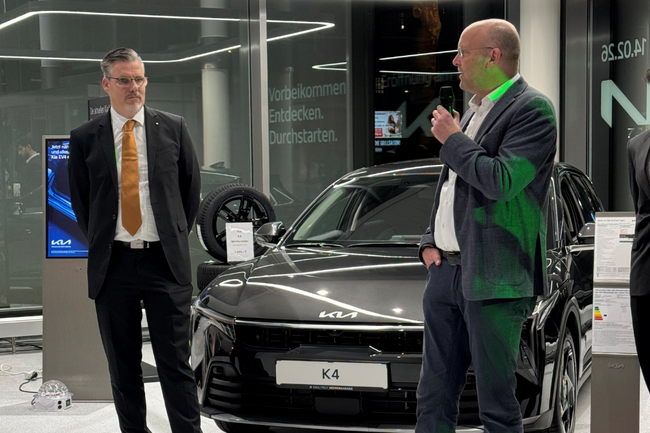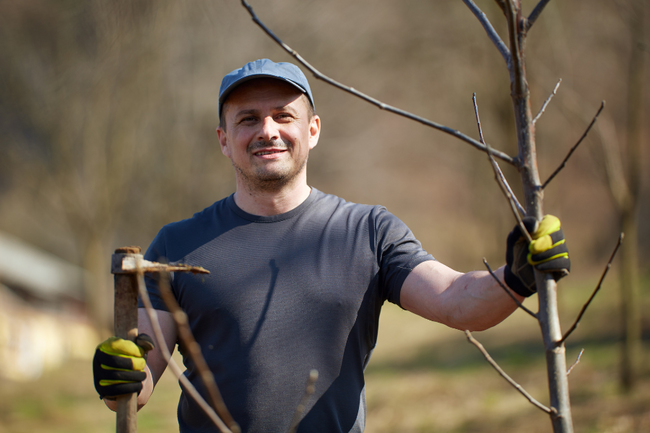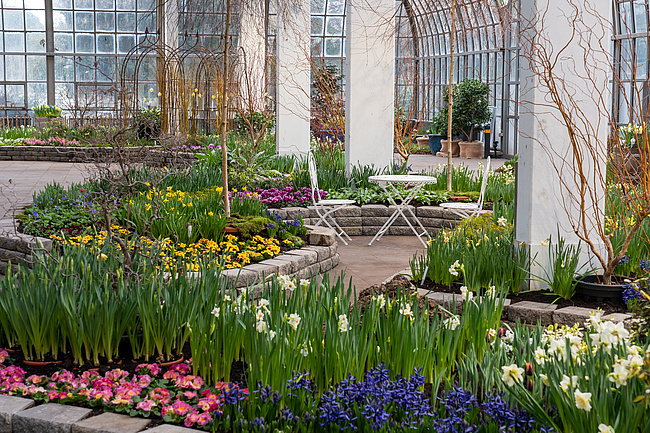Eight industrial companies from a wide range of sectors opened their doors on 25.06. - at the Long Night of Industry 2019 - starting at 6:00 p.m. exclusively opened their production facilities and allowed visitors a direct and personal look behind the scenes of their company.
This year's participants in the Frankfurt catchment area included FlexLink Systems GmbH, Samson AG, Fraport AG, Mainova AG, Coca-Cola European Partners Deutschland GmbH (Liederbach), Rothenberger Werkzeug GmbH, Bayer AG and Infraserv GmbH & Co.Höchst KG.
With two of these companies, we from Frankfurt-Tipp were also allowed to be there exclusively!
1. Stop: Rothenberger
After a 20-minute bus ride, we arrive at the Rothenberger factory premises in Kelkheim. The company flag is waving in the wind and a friendly team of employees is already ready to receive the curious visitors. Rothenberger is one of the world's leading manufacturers of pipe tools and pipe processing equipment for sanitary, heating, air conditioning, refrigeration, gas and environmental technology. Everywhere where pipes have to be laid, where electricity and gas flow, the traditional company can be found and supports plumbers and tradesmen in their daily work with its more than 6,000 products. With 1,800 employees, ROTHENBERGER AG, headquartered in Kelkheim, generated more than 400 million euros in sales in 2017. The company's particular strength: its product diversity, which we are then also allowed to marvel at directly in the exhibition area.
What reasons are there for pipe blockages, why does the heating not start directly in September and what advantages do pipe bends have compared to numerous fittings in the pipe system - here, even the do-it-yourselfer and hobby plumber can still pick up some useful knowledge. In the "Feel and Touch" area, the tools will then not only be examined, but demonstrated live and in action. With the help of a modern camera system, all visitors can take a direct look inside the drain pipe while a root removal is simulated in the pipe system.
The last stage of the Rothberger tour is a guided tour through the production hall with Managing Director Dr. Friedrich Wenzel-Lux. Large parts of the production process run automatically here and can be controlled and monitored electronically by the workers. On average, one worker operates three machines. Despite tropical temperatures of around 33° C, many of the visitors are enthusiastic and happy about the extremely exciting and instructive insight.
Before we all take our seats again in the bus and make our way to our next stop, there is still a little time for a final get-together. Here the visitors can once again take the opportunity to find out about job and training opportunities at Rothenberger. A small farewell present will also be available.

2. Stop: Coca-Cola European Partners
From the tool manufacturer in Kelkheim, the tour continues to Germany's largest beverage company - Coca-Cola. With the production site Coca-Cola European Partners Deutschland GmbH Liederbach we gain insight into the second largest Coca-Cola site in the southwest region. Here, the products Coca-Cola (classic), Coca-Cola Zero Sugar and Coca-Cola Light as well as the complete range of Sprite and Fanta Flavours, especially the new sugar-free drinks, are produced on three production lines.
High summer also means high season for Coca-Cola. Soft drinks are in - even for the tour participants! The vending machine with chilled Coca-Cola products in the reception area is a big hit and finds plenty of takers. After a short refreshment we start the tour with a little lesson. Quite a few of the visitors are already aware of the medical origins of today's soft drink, which was developed in 1886 in the US metropolis of Atlanta as a remedy for headaches and fatigue. Over the years and with a few refinements to the recipe and packaging, Coca-Cola then developed into an absolute beverage classic. Incidentally, the first German Coca-Cola bottle was bottled in Essen on April 8, 1929 - exactly 90 years ago.
But even more exciting than the story of its origins is the tour of the production and storage hall with plant manager Uwe Maurer. How exactly does the Coca-Cola actually get into the bottle and the bottles then out into the trade? Starting with the production of the bottles or the cleaning of recycled containers, through the filling process and quality inspection, to labelling, packaging and loading, the visitors are given a detailed insight into all the individual production stages. We can see from the display of a counter that 26,100 bottles per hour are being produced at the time of our tour. Every year, around 30 million cases are filled at the Liederbach site and then distributed in the surrounding region.
Sensory experts are also on duty on the site, tasting and testing the Coca-Cola syrup delivered, as well as the water quality and the finished beverages. Unfortunately, we are not allowed to visit the area where the Coca-Cola syrup is stored - even employees only have very selective access here. On the outside area we notice another fact that seems strange at first: Besides Coca-Cola, Fanta and Co. there are also crates with empty bottles of branded products of other companies. This is because not every returned Coca-Cola crate always contains only Coca-Cola bottles. Often, deposit bottles from other manufacturers get lost here as well, explains Uwe Maurer. These are then sorted out at the Liederbach production site and, as soon as a certain quantity has accumulated, collected by the corresponding manufacturer.
After the tour of the premises, there is also the opportunity to ask questions at Coca-Cola. Central topics are here above all sustainability, plastic bottles and sugar content. Among other things, people complain that the 0.5L PET returnable bottle was taken off the market in 2016. However, Coca-Cola says it is already working on a new glass line at its production site in Mannheim. In addition, the 1-liter glass bottle for Coca-Cola Classic celebrated its comeback in 2018 and there is now also a new 1-liter glass bottle for Coca-Cola Zero in the range. Overall, the company has always been keen to offer consumers a wide variety of products in the area of packaging, just as it does with its beverage varieties. Coca-Cola therefore relies on a mix of disposable and reusable packaging that can be flexibly adapted to the needs of consumers and retailers and provides the preferred packaging for every drinking occasion - from restaurant visits to soft drinks "to go".
" target="_top">








